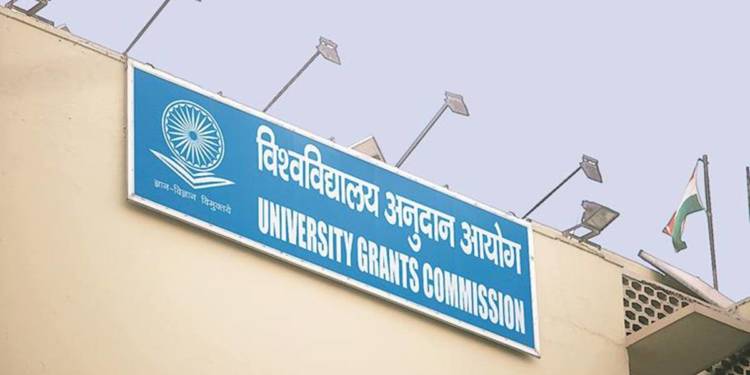According to a latest Indian Express report, the National Assessment and Accreditation Council (NAAC) has introduced a Code of Conduct that bars its officials and their family from accepting honorary doctorates by public universities. Last year, the Indian Express had published an investigation report claiming that several politicians and bureaucrats were awarded honorary doctorates in India over the last twenty years when they were in charge of monitoring those very institutions that conferred the honorary doctorate degrees. While the honorary doctorates do not carry any monetary benefits, they are seen as markers of respect and credibility in the society at large.
The NAAC which has taken this initiative of coming up with a Code of Conduct is an autonomous body based in Bengaluru established by the University Grants Commission (UGC) to assess and accredit institutions of higher education. The UGC is expected to implement the Code of Conduct as well. The Code of Conduct which was approved by the Executive Council of the NAAC requests the council’s “authorities and staff to lead by example and uphold the principles of ethics and code of conduct”.
S C Sharma, Director, NAAC, spoke to the Indian Express. The leading daily has quoted him as saying, “A committee headed by UGC Vice Chairman Bhushan Patwardhan had drafted this code. The EC has approved it in-toto, and it is being implemented with immediate effect. It covers every employee of the NAAC from top to bottom. We are forwarding the code to all stakeholders.”
The Indian Express has also quoted UGC Vice-chairman, Patwardhan as saying, “We are going to implement the code prepared for the NAAC in the UGC as well. I expect other authorities related to higher education in different fields to implement such a code to avoid probable conflict of interest. We have taken note of issues raised in The Indian Express investigation.”
The Code provides that chairpersons/ member co-ordinators/ members of the peer review team for assessment and accreditation of institutions will submit a declaration that they “shall not accept any Honorary Degree/ Award/ Position of Profit from the Institution for a period of one year after the accreditation of the institution that may be construed as conflict of interest”. The Code also goes on to add that it would also apply to their immediate family members. The Code is therefore wide in scope. The authorities mentioned in the Code will also have to submit a declaration to the effect that they and their family members have not accepted any honorary degrees from institutions in the preceding three years of their assessment and accreditation.
This is a major step in the right direction taken by the NAAC, which will ensure that favouritism in awarding such honorary doctorate degrees is checked. Giving honorary doctorates to those holding powerful and influential positions added to favouritism in conferring such honorary doctorates. With the enactment of this Code, the country has taken a big step towards ensuring a major reform in the academic circles.

























